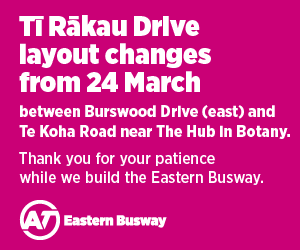
- By Parmjeet Parmar, Pakuranga-based ACT List MP
The Accredited Employer Work Visa scheme was set up by Labour in reaction to worker shortages post-Covid.
It offered opportunities to many migrants who are now making a positive contribution to New Zealand.
But the scheme was badly set up, with scams from overseas ‘consultancies’ charging migrants high fees to match them with an accredited employer that has not actually existed, or has quickly shut down, leaving migrants in limbo.
The scheme as introduced by Labour painted a negative image of New Zealand, with media reporting on groups of 30-40 migrants who arrived under the scheme, to end up living in one house with no food and without the job they were promised.
The scheme has also contributed to record net migration figures that have seen significant political pressure on the new Government to restrict settings to reduce pressure on infrastructure and services.
In April, the Immigration Minister announced changes to the settings, including new work experience requirements, and new English language requirements.
Under any immigration policy, some individuals will seek loopholes to exploit.
By maintaining Labour’s scheme, with tighter rules, the Government is trying to strike a balance.
ACT understands the pressure on the Minister that has led to this action.
However, as ACT’s immigration spokesperson, I’ve received a lot of feedback that these changes have introduced new uncertainties for migrants and challenges for businesses.
When an employer loses their accreditation, migrant workers are left in a difficult position as they must apply to be matched with a new accredited employer.
And English language tests are in high demand, with wait times meaning some migrants cannot secure their visa in time and have chosen to leave the country.
ACT continues to monitor the effects of these changes.
It’s clear migration settings can be changed quickly. That’s how the scheme was introduced, and how it’s recently been altered.
Such rapid changes present challenges for migrants who need greater certainty to make the life-changing decisions to build their livelihoods in New Zealand, and for businesses seeking to overcome local skills shortages.
The challenge for the new Government is to respond to the experiences of migrants and employers in a considered, balanced way.
I believe that, with monitoring and responsive policy, we can achieve immigration settings that are sustainable while also supporting New Zealand businesses and local economies.







